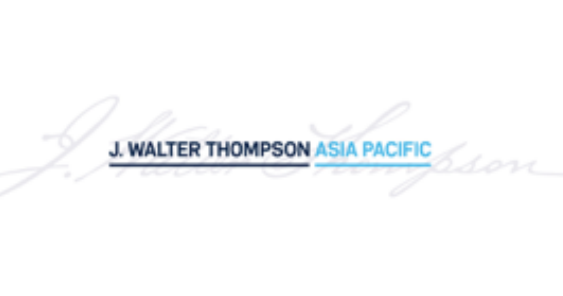ASIA PACIFIC – How technology, from both start-ups and giants, is disrupting the region’s healthcare industry, plus how wellness is permeating multiple areas beyond traditional health sectors, are just two over-arching themes in J. Walter Thompson Intelligence APAC’s latest in-depth report “The Well Economy: Asia Edition”.
Revealing how consumer beliefs and behaviours across Asia Pacific are evolving when it comes to health, “The Well Economy: Asia Edition” identifies trends and opportunities for brands across Asia, both in the traditional health care sector – hospitals, clinics, insurers, pharmaceuticals – and its expanding ecosystem of players in areas such as technology, food, beauty, hospitality, retail, the workplace and medical tourism.
Two macro-trends to emerge from the report:
Technology giants like China’s Alibaba and Tencent as well as local start-ups across the region are disrupting health and wellness in Asia Pacific in three key ways:
- Un-tabooing health – apps and other platforms are enabling people to address previously ‘taboo’ issues including mental and sexual health. About half of survey respondents say they would go to the doctor more often if there was less stigma around sexual health check-ups.
- New medical match-makers – technology is exploiting inefficiencies by connecting patient, or more aptly the consumer, directly to doctors or other healthcare providers. 66% said they would go to a doctor more often if there weren’t such long wait times.
- Disrupting insurance – a slate of start-ups are using technology to try to solve some of the pain points of traditional insurance, from the hassle of submitting claims to pre-emptive wellness programs. Only 51% trust government health insurance, and only 46% trust private insurance to help them maintain their overall health.
Health and wellness’s expanding eco-system offers opportunities for everyone, including new players, but their rise might, in turn, impact ‘traditional’ health like hospitals, pharmaceutical and insurance providers.
Sectors on the rise in Asia Pacific include:
- Medical tourism – 59% of Chinese and 67% of Indonesian patients say they trust hospitals abroad to provide the best possible care. They are increasingly willing to travel for treatment, not just for world-class care, but for a more human-centric experience.
- Well Hospitality – Hotels are upping their wellness game, going beyond typical spa offerings to bring guests targeted, tailored treatments that meet hectic urban lifestyles.
- Wellness Everywhere – Wellness is influencing every touchpoint of people’s lives, from more obvious areas like food and retail, but also beauty, the workplace and interior design. “Millennial trends are driven less by material needs, which are getting replaced by experiences driven by emotion and state of mind.” Spokesperson, WF Central mall, Beijing,
Commenting on the findings, the report’s author Chen May Yee APAC Director, The Innovation Group at JWT Intelligence said, “Across Asia, amid rising incomes and rising expectations, patients are acting more and more like consumers – moving from a passive to an active stance. In tandem, and perhaps in response, the medical world is borrowing from the lifestyle sectors. And with new players, particularly tech companies, starting to disrupt healthcare by exploiting inefficiencies, ‘traditional’ sectors need to embrace this change, or run the risk of getting left behind.”
This study includes original consumer data by JWT Intelligence’s in-house data unit SONAR™ from 2,500 consumers in China, Japan, Thailand, Indonesia and Australia, as well as interviews with experts and case studies. https://www.jwtintelligence.com/2018/11/new-trend-report-the-well-economy-asia-edition/








